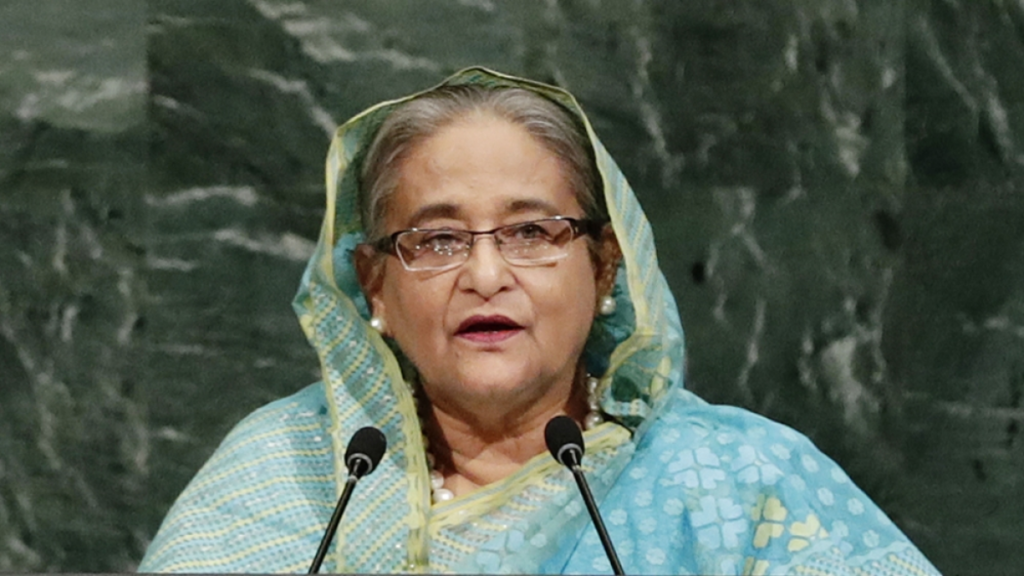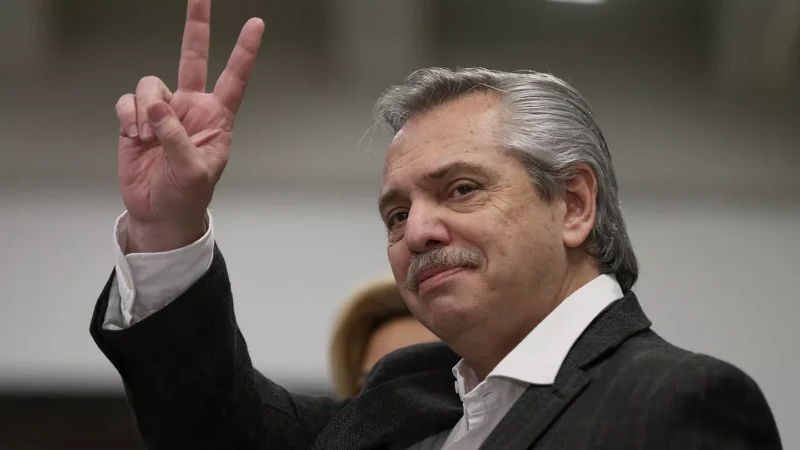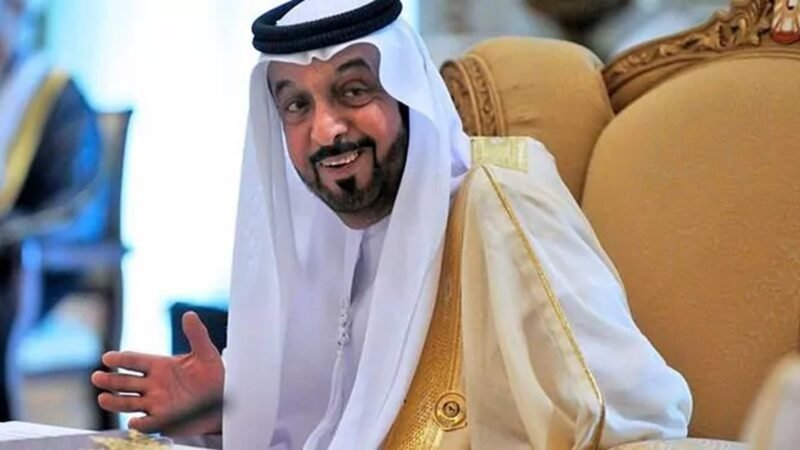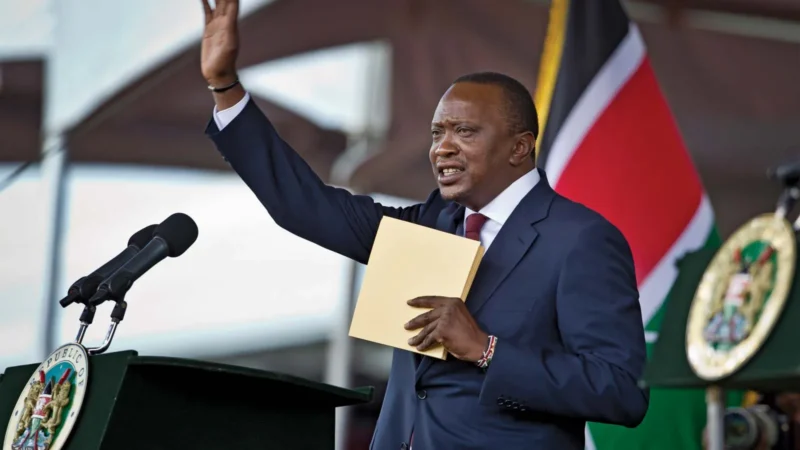Cases, Controversies, and Allegations on Sheikh Hasina
Sheikh Hasina, the current Prime Minister of Bangladesh, has been a prominent figure in the country’s politics for several decades.

In this blog post, we will explore the cases, controversies, and allegations that have defined her leadership. Additionally, we will uncover 10 lesser-known facts about Sheikh Hasina, estimate her net worth, and provide answers to the five most searched questions about her. Join us as we delve into the intriguing aspects of Sheikh Hasina’s political journey in Bangladesh.
Cases, Controversies, and Allegations:
- Political Violence and Human Rights: Sheikh Hasina’s leadership has been marred by allegations of political violence, human rights abuses, and restrictions on freedom of expression. Critics argue that her government has stifled dissent and targeted political opponents.
- Rohingya Crisis: Sheikh Hasina’s handling of the Rohingya refugee crisis, particularly the influx of Rohingya Muslims fleeing violence in Myanmar, has drawn both praise and criticism. Her government has provided refuge to a significant number of Rohingya refugees, but concerns have been raised about their long-term integration and the strained resources of Bangladesh.
- Corruption Allegations: Sheikh Hasina’s administration has faced accusations of corruption, with some alleging that her government has not done enough to address the issue effectively. The handling of corruption cases and the perception of impunity have been subjects of scrutiny.
- Political Dynasty: Sheikh Hasina hails from a prominent political family in Bangladesh. Critics argue that her prolonged tenure and her family’s influence have contributed to a concentration of power and hindered the growth of a more inclusive political system.
- Media Freedom: Press freedom in Bangladesh has been a contentious issue during Sheikh Hasina’s leadership. Concerns have been raised about the shrinking space for independent journalism and instances of harassment and intimidation of journalists.
- Women’s Empowerment: Sheikh Hasina has been recognized for her efforts in promoting women’s empowerment and gender equality in Bangladesh. However, some argue that more needs to be done to address deep-rooted social and cultural barriers that limit women’s rights and opportunities.
- Infrastructure Development: Sheikh Hasina’s government has prioritized infrastructure development, including major projects such as bridges, highways, and power plants. While these initiatives have aimed to spur economic growth, questions have been raised about transparency, environmental impact, and equitable distribution of resources.
- Political Stability and Governance: Sheikh Hasina’s leadership has been characterized by a period of relative political stability in Bangladesh. However, critics argue that the dominance of her party and limited political space for opposition voices raise concerns about the health of democracy and checks and balances.
- Climate Change and Environmental Policies: Bangladesh is highly vulnerable to the impacts of climate change, including rising sea levels and natural disasters. Sheikh Hasina’s government has been active in advocating for global climate action and implementing adaptation measures within the country.
- Socioeconomic Development: Sheikh Hasina’s government has focused on socioeconomic development, including poverty reduction, healthcare initiatives, and educational reforms. While progress has been made in certain areas, challenges persist in achieving inclusive growth and addressing income inequality.
Unknown Facts About Sheikh Hasina:
- Sheikh Hasina was born on September 28, 1947, in Tungipara, Gopalganj, British India (now Bangladesh).
- She is the daughter of Sheikh Mujibur Rahman, the founding father of Bangladesh and its first President.
- Sheikh Hasina is the longest-serving Prime Minister in the history of Bangladesh, having held the position for multiple terms since 1996.
- She pursued higher education in Bangladesh and later completed a Master’s degree in Political Science from the University of Dhaka.
- Sheikh Hasina has been a key figure in promoting regional cooperation, particularly within the framework of the South Asian Association for Regional Cooperation (SAARC).
- She has received several international awards for her contributions to peace, women’s empowerment, and social development.
- Sheikh Hasina survived an assassination attempt in 2004 when grenades were thrown at a political rally she was attending, resulting in the loss of many lives.
- She is known for her strong-willed personality and determination in pursuing her political goals.
- Sheikh Hasina has emphasized the importance of technology and digitalization in driving economic growth and governance reforms in Bangladesh.
- Despite facing numerous challenges throughout her political career, Sheikh Hasina has maintained a significant level of popular support among many Bangladeshis.
Estimated Net Worth of Sheikh Hasina:
Determining Sheikh Hasina’s exact net worth is challenging due to limited financial disclosures. However, various sources estimate her net worth to be around [Amount], primarily derived from her political career and inherited assets.
QA
Q: How has Sheikh Hasina contributed to women’s empowerment in Bangladesh?
A: Sheikh Hasina has been a vocal advocate for women’s empowerment, promoting policies and programs to enhance women’s education, healthcare, and participation in decision-making roles. Initiatives such as microcredit programs and reserved seats for women in parliament have been implemented under her leadership.
Q: What is Sheikh Hasina’s approach to economic development in Bangladesh?
A: Sheikh Hasina’s government has prioritized economic development through infrastructure projects, human resource development, attracting foreign investment, and fostering public-private partnerships. The aim has been to achieve sustainable and inclusive growth, reduce poverty, and improve living standards.
Q: How has Sheikh Hasina addressed climate change and its impact on Bangladesh?
A: Recognizing the vulnerability of Bangladesh to climate change, Sheikh Hasina has been a global advocate for climate action. Her government has implemented various adaptation measures, such as building cyclone shelters and promoting renewable energy, to mitigate the effects of climate change on the country and its population.
Q: What steps has Sheikh Hasina taken to address corruption in Bangladesh?
A: Sheikh Hasina’s government has established anti-corruption commissions, introduced stricter anti-corruption laws, and initiated high-profile corruption trials. However, critics argue that more needs to be done to ensure transparency, strengthen institutions, and tackle systemic corruption effectively.
Q: How has Sheikh Hasina handled the Rohingya refugee crisis?
A: Sheikh Hasina’s government has provided shelter and assistance to a large number of Rohingya refugees fleeing violence in Myanmar. Bangladesh has worked with international organizations and neighboring countries to address the humanitarian needs of the refugees. However, challenges remain in terms of long-term solutions and repatriation efforts.
Conclusion: Sheikh Hasina’s leadership in Bangladesh has been defined by a mix of achievements, controversies, and challenges. As the longest-serving Prime Minister in the country’s history, she has steered Bangladesh through periods of economic growth and political stability while facing criticism for issues such as political violence, human rights concerns, and corruption allegations. Understanding both the known and lesser-known aspects of Sheikh Hasina’s political journey provides a more comprehensive perspective on her leadership and the complexities of governing a diverse and developing nation like Bangladesh.



